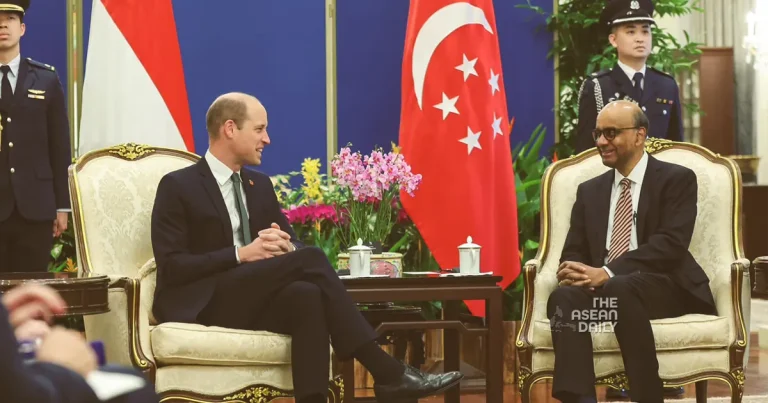23-11-2023 (SINGAPORE) The Singaporean Parliament approved a groundbreaking bill aimed at establishing a constitutional framework permitting the president and ministers to undertake international appointments in their private capacities, provided these align with national interests.
Deputy Prime Minister Lawrence Wong presented the bill for debate, emphasizing the importance of allowing Singapore’s president to participate in international bodies. However, the existing arrangement restricts the head of state to representing the country’s official position, limiting their ability to express independent views.
The amendment to the Constitution seeks to address this limitation by enabling the president to engage in international roles while expressing private views, as long as it remains in the national interest. DPM Wong noted that ministers face no legal barriers to serving in international organizations in their private capacities, as long as they have the prime minister’s approval.
A notable aspect of the bill is its recognition of a unique situation concerning the president. Unlike ministers, the prime minister cannot authorize the president to take up international roles in a private capacity. The amendment, therefore, fills a gap in the Constitution, allowing the president to balance private views with national duties.
DPM Wong highlighted that the bill’s intent is to enable the president to contribute to international organizations while serving Singapore’s interests. Presently, President Tharman Shanmugaratnam holds four international appointments, which he assumed during his tenure as senior minister. These positions include chairman of the board of trustees of the Group of Thirty and member of the World Economic Forum’s board of trustees.
The bill received scrutiny during the parliamentary debate, with questions raised about how the president would manage international obligations alongside official duties. Concerns were voiced about potential diversion of the president’s attention and time away from national responsibilities.
Responding to these concerns, DPM Wong emphasized that the president’s role encompasses both domestic and international interests. Serving in a private capacity in international roles contributes to the president’s national duties, aligning with Singapore’s evolving global role.
To address concerns about bandwidth, the Cabinet will evaluate invitations for the president’s international appointments, considering factors such as meeting load and travel demands. This assessment aims to ensure that the president’s involvement in such roles benefits Singapore without compromising constitutional duties.
The debate also touched on defining roles that align with national interests. DPM Wong outlined that roles should advance Singapore’s standing on the global stage and benefit the country or relevant government agencies. He stressed that participation in international organizations should align with Singapore’s outlook and approach on critical issues.
DPM Wong asserted that Singapore’s national interests are increasingly intertwined with global interests, emphasizing that the bill enhances the country’s voice on the international stage. Despite receiving dissent from Workers’ Party and Progress Singapore Party MPs, the bill marks a significant step forward in Singapore’s approach to international engagements.




